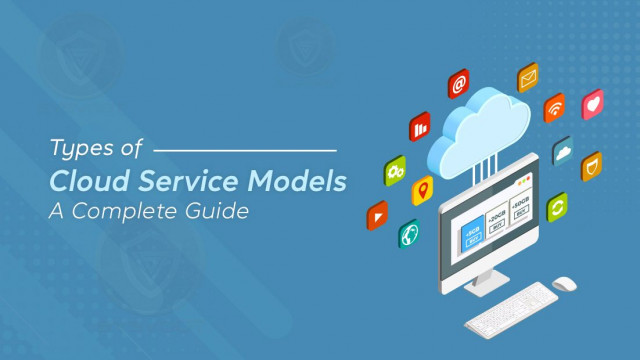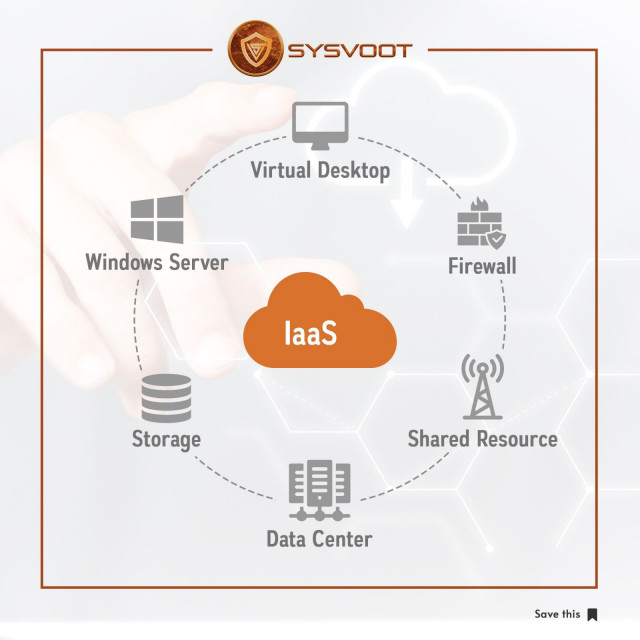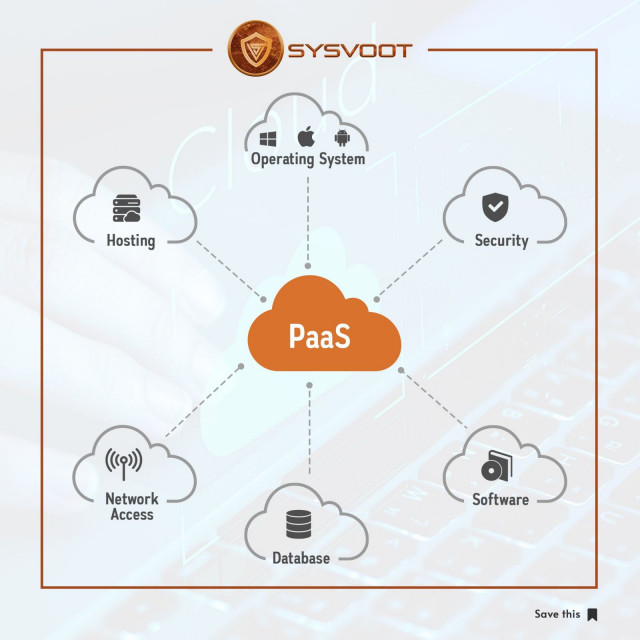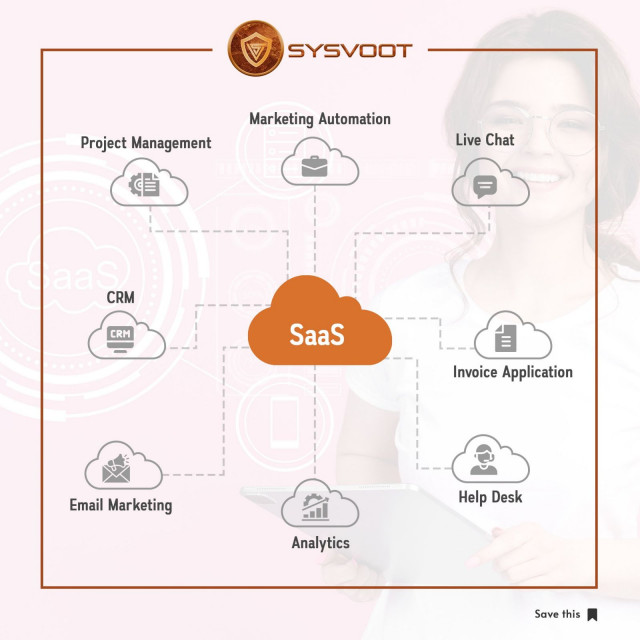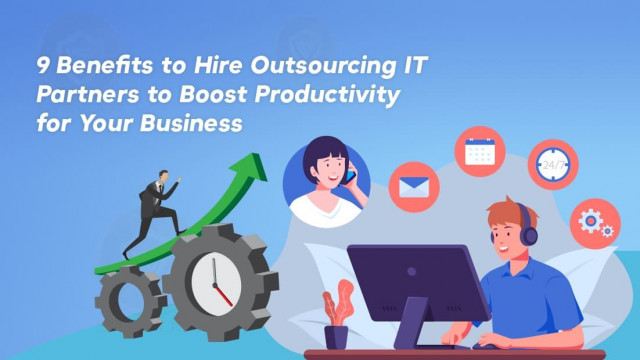When it comes to customer support software, Zendesk CRM and Salesforce CRM are two of the best options. However, you should be aware of the differences between these two programs. Before making a decision, you should compare their pricing plans and features. After reading this article, you’ll be able to make an informed decision about which of these two products is the best for your company.
Zendesk CRM
Zendesk CRM is a simple but powerful customer support ticket management system that uses artificial intelligence to help agents answer questions and resolve issues. It can be used to manage multiple customers and ticket types and integrates with other systems such as email, chat, and social networking sites. It allows agents to connect with customers in real time, proactively engage with them, and improve the overall customer experience.
Zendesk has excellent customer support and offers specialists to help set up custom integrations. Its platform is considered to be one of the most flexible in the industry, with thousands of integrations available. Although Salesforce is known for its robust marketing tools and 360-degree customer visibility, Zendesk is far more user-friendly.
Salesforce Zendesk integration lets users view their Zendesk tickets in Salesforce, keeping all their customer data in one place. The integration also lets managers view and filter Zendesk ticket data in their Salesforce reporting dashboards. Moreover, Zendesk integrates with sales data, making it possible to see your customers’ data from any team member. This way, your sales and support teams can stay in sync.
Salesforce CRM is also more comprehensive, allowing you to track customer satisfaction and Net Promoter Score. It also helps you to merge duplicate cases. It also allows you to create customized dashboards based on the information you want to see. You can even send email or text messages to customers.
Zendesk has a dedicated team for product support and has an extensive knowledge base of FAQs. However, it does not offer a helpline number. However, Zendesk does have a forum, as well as links to social media. Moreover, the platform allows agents to collaborate and share notes and collaborate more effectively with their colleagues.
Both Zendesk and Salesforce offer great support features. Zendesk allows agents to use social media, live chat, and video. It also helps users create dedicated help centers. It also offers a forum for community members to communicate with other users. Salesforce, on the other hand, is a popular customer relationship management software. It is an industry leader and a great choice for different types of businesses.
Salesforce has more apps than Zendesk. Zendesk provides more self-service support to users, while Salesforce is built more for large businesses. It also allows users to engage across multiple channels, boosting their loyalty and retention. Salesforce is also more customizable and offers better team management tools.
In addition to the features, Salesforce offers a wide range of pricing plans. The cheapest one offers services for $25 per month, while the most expensive one offers unlimited features for $300 per month. But it has several limitations. For example, Salesforce does not offer live chat, so you’ll need to upgrade to a higher plan to use it.
Zendesk is a great CRM solution for small businesses, but Salesforce has many advantages for larger businesses. Salesforce Service Cloud has a robust library of integrations and a superior team management feature. Salesforce is a good option if you’re looking for a solution that can handle large numbers of customers.
Salesforce CRM
Zendesk CRM and Salesforce Service Cloud are both customer relationship management solutions that integrate with each other. Both applications have many features that make them a good choice for any business. In addition to CRM, both applications offer service and support. Founded by Halsey Minor, Parker Harris, and Marc Benioff, Salesforce has more than 150 thousand customers worldwide.
Having a comprehensive, omnichannel customer support strategy is crucial for businesses. In fact, 58.4% of people use social media for business purposes, and it is important to connect these various channels for customer support. If not, information can be lost and repetitive. Both Zendesk and Salesforce service cloud offer customer support functionality that helps businesses improve customer satisfaction.
Both services offer a number of different pricing plans. Basic plans for Zendesk are free, while the cheapest plan for Service Cloud costs $25 per month per user. However, the most basic plan doesn’t offer features like a centralized knowledgebase, a web services API, or 24×7 support. Unlimited plans, on the other hand, have best-in-class features and include telephony integration.
When it comes to customer service, Salesforce has an edge over Zendesk. The customer relationship management tool integrates with email, offers in-depth searchable customer histories, and provides omnichannel support options. Its dedicated support features make it more effective for high-performing service teams. Salesforce also provides agents with the tools they need to resolve customer issues.
While Zendesk is easier to use, Salesforce has a more robust feature set. Salesforce is an all-encompassing CRM, while Zendesk is designed for service-oriented companies. Salesforce has more features, but Zendesk is less expensive and has a simpler user interface.
Salesforce Service Cloud is more complicated to use for new users. It can be a little overwhelming at first, but once you learn it, you’ll find it works wonders for your business. It is a powerful solution that can be customized to meet the needs of your entire team.
Zendesk CRM has a built-in ticketing system that can help agents increase their productivity and improve customer satisfaction. It also has AI-powered bots that can scan for customer communications and automatically turn customer requests into tickets. It also lets agents tag support tickets and categorize them.
Both systems offer great reporting tools. Zendesk offers customizable dashboards, charts, and real-time historical data. The Salesforce service ticket system also provides a number of custom report types. It allows agents to drill down into each case to understand metrics such as the number of comments, escalating cases, and last changed status. In addition, Zendesk has a more user-friendly interface.
Zendesk Sell CRM
Zendesk Sell CRM is a simple, cost-effective way to manage your pipeline. The system offers a simple, intuitive interface that allows you to add notes, send emails, and even text messages to your customers. You can also use this CRM to nurture leads and manage upcoming appointments and tasks.
Zendesk is one of the industry’s leading CRMs, with over 200,000 customers worldwide. It features AI-powered automations and dynamic workspaces, which can help boost your team’s efficiency and productivity. Other features include support for third-party integrations, analytics tools, and custom dashboards. Zendesk offers a number of plans to suit every budget and need.
Zendesk Sell is more feature-rich and user-friendly than Salesforce, which is more complicated. However, Salesforce offers a broader range of features for larger businesses. Both products offer easy-to-use, intuitive user interfaces, which make them great for small businesses and start-ups. Regardless of which software you choose, make sure to compare both options before making a final decision. You’ll be much more likely to select the right CRM for your needs.
Zendesk Sell is an excellent CRM tool that tracks customer interactions and converts data into visually-rich reports. Its sales dashboards let you see how customers interact with your business and make informed decisions based on past outcomes. If you’re looking for a CRM solution for your growing company, Zendesk Sell is the best option. It’s user-friendly and inexpensive, and it has excellent mobile capabilities.
While Zendesk Sell CRM has better customer engagement capabilities, Salesforce is more customizable and provides better team management tools. It’s also a better solution for large companies. Salesforce also has an impressive list of integrations. If you’re considering Zendesk CRM vs Salesforce CRM, make sure to compare the two products side by side to make the right choice for your company.
Zendesk is also a great choice if you have a limited budget. It offers a comprehensive knowledge base and community features that can help you solve customer problems more efficiently. It also offers AI-powered bots to make customer service even easier and more efficient. Its customization options are extensive, and its Customization Panel lets you customize the software to meet your specific needs.
Zendesk Sales is a powerful CRM software that automates key tasks in the sales process. This tool can save your business time and effort and improve sales productivity. You can access your sales data anywhere in the world and make informed decisions based on the data it provides.
Both Zendesk Sell and Salesforce offer flexible development options and multi-user functionality. They are both compatible with Microsoft Outlook, G Suite, and social media platforms. In addition, they offer an API that lets you customize your portal. The main user groups for these software are sales teams in small and medium enterprises.
When you consider how similar both tools are in providing effective CRM support, it is difficult to choose between the two. However, there are a few points to consider.
Salesforce is a complete software rooted in automation and AI infrastructure. Although Zendesk’s services are smaller than Salesforce’s, it still has a lot to offer.
Salesforce offers sales and marketing services in one package, but it’s expensive. So for big business Salesforce is good but if your business is small Zendesk is better.
Both of these CRMs are designed for companies that are in different stages of their economic cycle. And in the end, the choice is yours.
If you are still confused and need further guidance, contact Sysvoot today.
Read Also
How Can Custom Mobile App Development Boost Business Online
Difference Between L1 L2 And L3 Technical Support
How to Make an Effective Cloud Disaster Recovery Plan
9 Benefits to Hire Outsourcing IT Partners to Boost Your Business
Why do You Need to Hire CRM Consulting Firm
How to Choose Managed IT Service Provider












